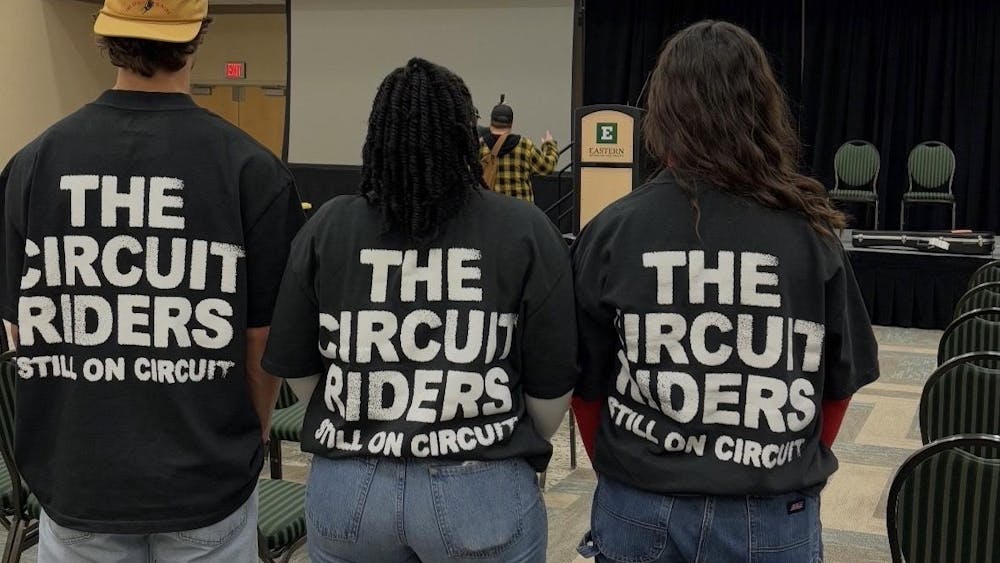Gov. Rick Snyder, Republican of the Great Lakes State, recently made law a bill that offers property tax relief to veterans. More specifically the law now allows former members of the armed services who are fully disabled to qualify for an exemption from state and local property taxes.
“There are cases that we have heard about where veterans are on the edge or barely able to make it on their taxes and on the verge of losing their homes,” said Glenn Anderson, a state senator and
Westland Democrat, in the Detroit Free Press. “This is one of the important things we can do to make it possible for them to stay in their homes.”
Research by the Tax Policy Center, a joint venture by the Urban Institute and Brookings Institution, showed that citizens in the Northeast and Midwest of the country pay the most in property taxes.
Part of the reason is that that is simply the fiscal structure of those states. But for Michigan in particular, had so many holes not been poked in the state’s tax code, it is possible that tax burdens could have been lowered all around.
There’s no doubting that communities and the state should help out disabled veterans, but the
form of help they receive is important. Tax reductions only hurt already cash-strapped cities and towns at a time when property values and property tax collections are depressed.
This is a bad policy.
A better policy would be aimed at the health care cost for these men and women, not their property tax bill. And if their property tax bills are too onerous, then it is most likely onerous to others with disabilities and the community as a whole. The problem should invite an inspection of the fiscal policies of the cities and towns they live in, not a special exemption.
Tax reductions won’t make up for a broken mental health system, it won’t make up for a U.S
Department of Veterans Affairs in disarray and it won’t keep veterans out of poverty.
The law also does not help homeless veterans who ostensibly would not have a tax liability.
Arguably it would be better for the state to supplement the fixed amount of income that disabled veterans already receive.
Tax subsidies are effectively spending through the tax code. So it isn’t dumb to ask why it matters if a disabled veteran receives a $1,000 check from the state or his $1,000 property tax bill is eliminated.
The answer is that every tax subsidy, whether it is in the form of a credit, deduction, or exemption pokes a hole into the tax code. In effect the tax code is then turned into Swiss cheese. And the problem is that not only are the ultimate cost of these tax subsidies (aka tax expenditures) difficult to track, they undermine public finances.
At the federal level $1.3 trillion went uncollected in 2012 due to tax subsidies concluded the Tax Policy Center. Untold amounts are lost at the state and local level. The amounts are untold, not only because the revenue estimates are imperfect, but also because tax subsidies are so frequently awarded to businesses in the name of economic development.
And yes, tax subsidies awarded to veterans should be looked at with the same scrutiny as tax subsidies awarded to Walmart, General Motors and Exxon Mobil. Ultimately, both drain state and local treasuries.
The New York Times recently wrote about a new idea that has become popular in Switzerland. The Swiss, rather than make Swiss cheese of their tax code, have flirted with the idea of awarding their citizens with a basic level of income. This of course could be construed as the antithesis of the American idea to work hard for reward, but veterans have of course already worked hard. In their line of work, they have become injured, so debilitated that they may very well not be employable.
So rather than worry about a tax bill that a veteran may not even incur – especially if their homestead is under the freeway – we should provide them with more income.








